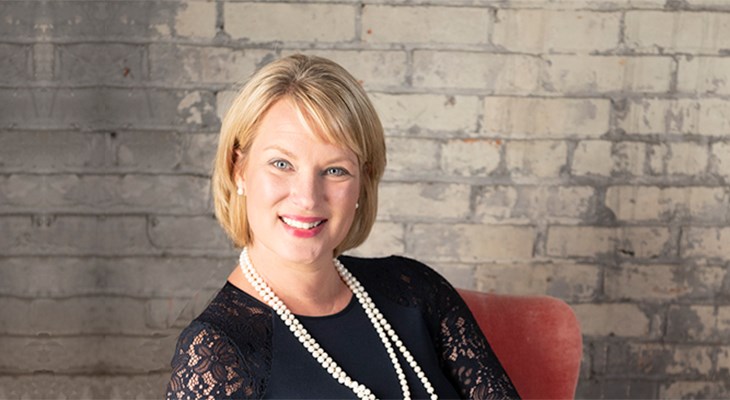Onex Inc. President Ashleigh Walters and her husband, Drew, acquired his father's family business in 2018, becoming the second-generation family business owners. But the transition was anything but smooth.
"Unfortunately, during that time period, we really couldn't find that perfect way to transition the family business for several reasons," she says. "The selling owner has financial needs that they need addressed and then the business owners purchasing the business have needs that they need to address. We were also dealing with a company that was financially unstable."
During the Pittsburgh Smart Business Dealmakers Conference panel on preparing today for tomorrow’s sale and the subsequent liquidity event, she says the then-CFO had left the company in a tough place, which required her and her husband to run a turnaround from 2014 to 2018. The transition, ultimately, happened when the couple purchased the father outright, and he did a seller's note over the course of 10 years.
It was an emotional transition, she says. And because of that, she says they wanted to make sure that they were thoughtful about how they made their transition to exit in the future.
"And at 40-ish years old, I know that we're young to be even thinking about that, but it was because of the previous experience," she says.
One recent transition the couple made was in 2020, in the midst of the pandemic, to an ESOP.
"Drew's dad had embedded basis, and he was unable to recognize that embedded basis because he sold to family," she says. "And so for us to be able to recognize that embedded basis, we needed to have a stock sale. So, for many other reasons than that, an ESOP made sense to us."
There were planning discussion around 2014 in which advisers, in light of the tax code, explored whether they should transition the company to a C-corporation, because the business was an S-corporation, ahead of the ESOP. But after doing the math, it was determined that the capital gain tax deferral by transferring to the C-corp wasn't as good a situation as that embedded basis that they had with the father. So, they remained an S-corp. There were other options, such as becoming a C-corp and doing a 1042, but then, she says, they wouldn't have been able to allow the children — potentially the third generation — to be in the business in the future should they want to be. By staying an S-corp, they could participate in ownership in the future if they choose to.
Whatever the plan, she says it's important to have those conversations early on.
"I think Drew's father just kind of assumed that since Drew and I worked in the business that we would ultimately take over that business from him," she says. "But I don't know that there wasn't much of a conversation around that. And Drew also has two brothers who haven’t worked in the business since they were young. And so just having those conversations but making sure you're listening to the answers that you receive."
Founders and first-generation owners often want to leave a legacy to the second generation. But, she cautions, it's important to ensure that they want that responsibility.
"Sometimes the younger generation has watched how hard you've worked and they don't want to do it," she says. "They don't want to deal with the problems that you've had to deal with."
in their transition because they didn't want it to be a "deathbed situation" where the company has relied on she and her husband and they're on their deathbed willing it to their kids who may or may not want it.
"We wanted to make sure that this company would stay within our community, that our employees would be OK, in the event that something happened to us."




